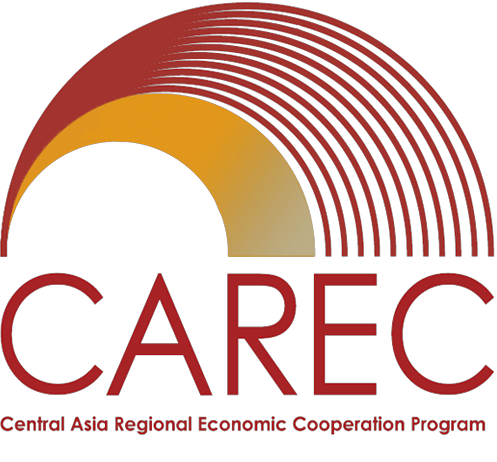CAREC 2030 Strategic Framework
Moving Forward to 2030
The CAREC Program has made tangible progress in moving toward its goal of development through cooperation over its first 16 years. Despite many challenges, CAREC has established itself as a premier regional cooperation program anchored in a clear vision of “Good Neighbors, Good Partners, and Good Prospects.”
As of December 2023, 272 CAREC-related projects worth more than $51 billion have been implemented in the areas of transport, trade, energy and economic corridors development, allowing better connectivity and easier movement of people and freight throughout the region, enhancing energy efficiency and security, increasing trade, and improving the quality of life for all.
In the course of CAREC’s evolution, many important lessons have been learned, and new development challenges have emerged as a result of the unexpected and significant changes in the international economic environment. In 2016, the Midterm Review of CAREC 2020 (MTR CAREC 2020), noted the need to revisit and adjust the Program’s strategic framework to ensure its relevance in the fast-changing landscape of member countries in the region.
CAREC 2030: Connecting the Region for Shared and Sustainable Development
At the 16th Ministerial Conference on CAREC in 2017, ministers endorsed CAREC 2030: Connecting the Region for Shared and Sustainable Development (CAREC 2030), the new strategic framework that will guide the Program over the next 13 years. CAREC 2030 builds on the solid foundation of progress made under CAREC 2020, while updating its strategic directions to respond more efficiently to the region’s long-term development challenges.
CAREC 2030 is inspired by a mission to create an open and inclusive regional cooperation platform that connects people, policies and projects for shared and sustainable development.
Driving Principles of CAREC 2030
CAREC 2030 is guided by the following five driving principles:
- Aligning with national strategies and supporting the new international development agenda, embodied in the sustainable development goals (SDGs) and the 21st Conference of the Parties to the United Nations Framework Convention on Climate Change (COP21);
- Adopting a dual-track approach by deepening cooperation in the traditional areas of transport, energy, trade, and economic corridor development, while selectively expanding into new areas of cooperation in line with member countries’ priorities;
- Deepening policy dialogue based on CAREC’s standing and ability to deliver quality knowledge services;
- Integrating the role of the private sector and civil society by promoting people-to-people and business-to-business contacts across member countries; and
- Building an open and inclusive platform to help strengthen cooperation and build synergies with other international and regional cooperation mechanisms active in the region, and maximize development partners’ resources and expertise to support regional cooperation.
CAREC 2030 prioritizes five operational clusters, encompassing both traditional and new areas of cooperation:
- Economic and Financial Stability
- Trade, Tourism, and Economic Corridors
- Infrastructure and Connectivity
- Agriculture and Water
- Human Development
In addition, CAREC supports the integration of information and communication technology (ICT) across the spectrum of CAREC operations to promote productivity and efficiency gains in all operational clusters.
CAREC 2030 is supported by a renewed institutional framework that promotes countries’ and development partners’ active and sustained participation at both policy and project levels, as well as greater engagement with the private sector and civil society.
